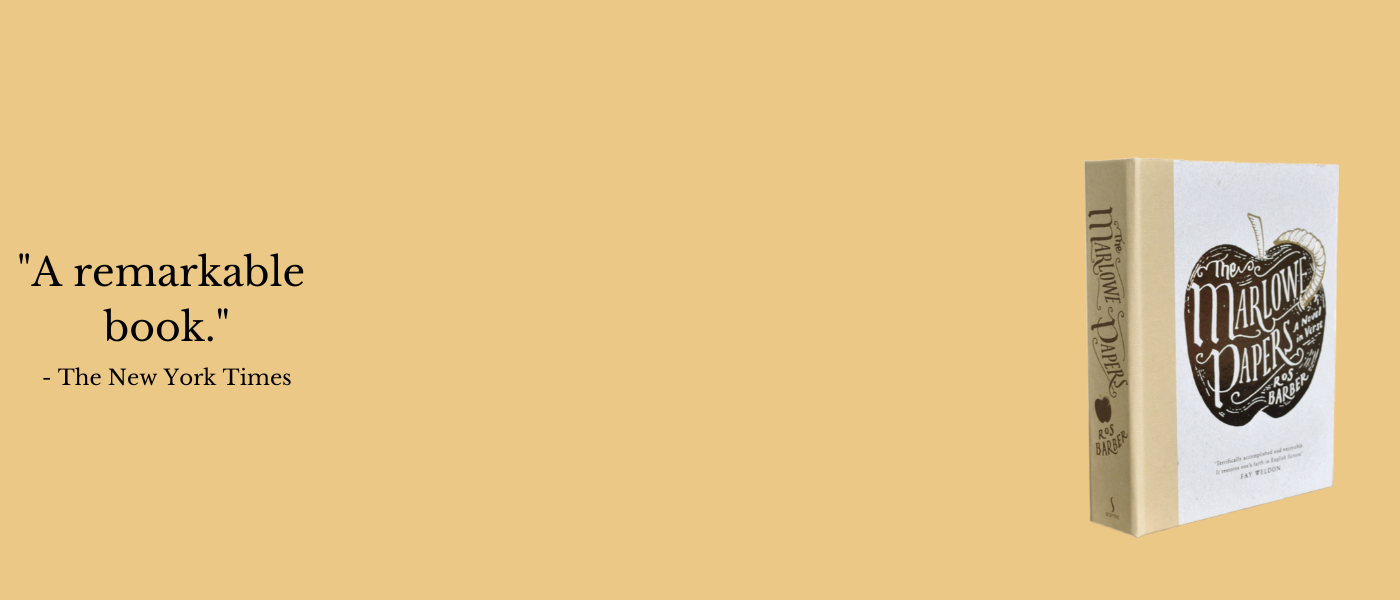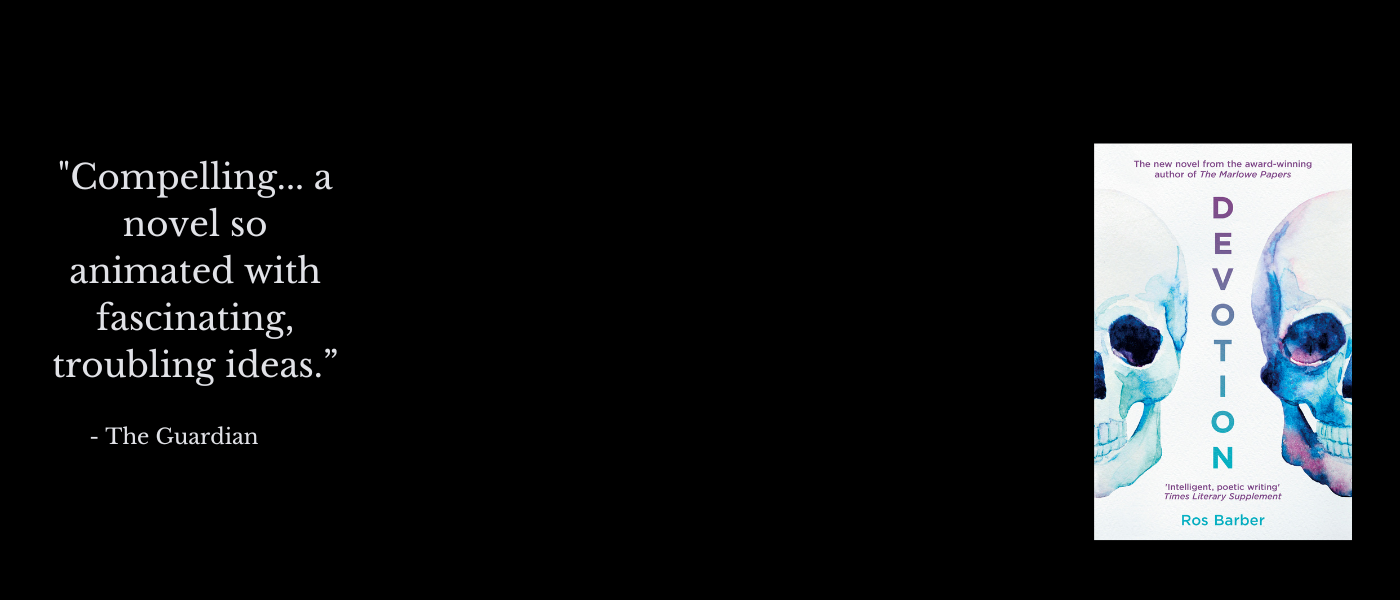 It has been fascinating logging the reactions of people to my Sceptre book deal, announced in the Bookseller last week. The vast majority of friends, acquaintances and ex-students have been almost as joyful and excited about it as I have, and many see it as a victory for poets and poetry, or reassuring proof that persistence and hard work can pay off in a big way; that creativity does not have to mean penury. To everyone who has offered their heartfelt congratulations; thank you. To everyone who finds the whole thing bothersome in some way, I apologise for triggering you – but please, unless you’re a personal friend of mine, don’t feel you need to share your concerns with me. They’re your concerns; take them for a walk round the park, chew them over with like-minded friends, blog them or tweet them if you must (but don’t send me the link). This is the time I have dreamt of since I was nine years old, and I mean to enjoy it thoroughly.
It has been fascinating logging the reactions of people to my Sceptre book deal, announced in the Bookseller last week. The vast majority of friends, acquaintances and ex-students have been almost as joyful and excited about it as I have, and many see it as a victory for poets and poetry, or reassuring proof that persistence and hard work can pay off in a big way; that creativity does not have to mean penury. To everyone who has offered their heartfelt congratulations; thank you. To everyone who finds the whole thing bothersome in some way, I apologise for triggering you – but please, unless you’re a personal friend of mine, don’t feel you need to share your concerns with me. They’re your concerns; take them for a walk round the park, chew them over with like-minded friends, blog them or tweet them if you must (but don’t send me the link). This is the time I have dreamt of since I was nine years old, and I mean to enjoy it thoroughly.
I spent Saturday night in the company of novelists, for the first time being officially one of
their number, and I must say it was very refreshing. As you might expect, almost all of my good friends are poets, but if the UK poetry scene is a knife fight in a phone box, the Sceptre deal feels like being given a mobile phone and the opportunity to walk away from it all. Or alternatively, leaping from a crowded goldfish bowl (where a few big fish gulp most of the oxygen) into a wide, warm ocean. This “debut novel” is actually the fourth I have written, but until your novel’s accepted for publication, you’re not a novelist. Finally I can step into a world with more space, less unseemly scrabbling, less bitching and griping, and better manners.
Not that I’ve paid much heed to the claustrophobic kingdom of Poetrainia recently. I have learnt that we get what we focus our attention upon, and that it is therefore essential not to focus on the negative aspects of one’s experience but instead to find positive aspects in everything. (Hence my earlier posts about the benefits of appendicitis and being hacked!) This has become my persistent practice, and since January (owing to a transformation in one of my personal relationships) maintaining a positive outlook has become significantly easier – which explains how well everything has been going for me these last three months. It’s astounding how quickly, in this vibrational universe, positive outlook attracts positive outcome.
Thus, in the same weekend that I read Carole Welch’s somewhat breath-taking praise of my last four years’ work, I received an e-mail from Chris McCabe of the Southbank’s Poetry Library, telling me that Lafayette Super Eight – a poem first published 11 years ago – is their poem of the week. I don’t think there’s necessarily any relationship between the two events except that I am feeling outstandingly positive, and outstandingly positive things are happening to me. I wish I’d understood all this a decade ago, but never mind. The journey to Clarity was long and bumpy, but it’s good to arrive.


Dear Ms. Babber
There may be indisputable proof of Marlowe’ s survivorship in the “death mask” purported to be his image in regard an eyelash and hairs. Recently The History Channel showed a program entitled “Death Masks” which alleged actual death masks were the exact replica of the facial features of famous past figures in History. One was of “Shakespeare” and was supposed to show the writer as he actually looked. My late dear correspondence friend Roberta Ballantine, author of Marlowe Up Close, wrote to me and said she had been in touch with a person named Broning (who may have been curator of the mask) and gave me a copy of a letter she received written in German. But of most importance is the fact that the mask had an eye-lash attached to it and there may have been a number of hairs as well. Kit’s mother, Kate Arthur Marley, is buried in the cemetery at All Saint’s Church in Canterbury. – Her remains would hold samples for verification of a DNA match with her son – if indeed the mask is genuine. It would prove survivorship scientifically and open the flood gates to acknowledgement of Kit as the leading candidate of the plays. Roberta also said the plaster mask had a date of 1616 “scratched” onto the edge which may have been added. There is a tiny scar and two sutures on the forehead. It shows the epithelioma on the side of the figure’s nose. Shakespeare died in 1616 at a time when death masks were almost unknown in England. Masks of prominent people were made in thin sheets of copper. Marlowe may have died in Venice around 1621, where skilled sculptors were creating plaster masks. Also, the death mask, when placed over the portrait of Kit from Corpus Christi, fits very well facially. – John Ulatowski (jrulatowski@yahoo.com)
Hi John,
you would to be careful of those typos, all you need to add is an ‘L’ and I’d be “Ms Blabber”. Which may once have been fitting, but I like to think I’m a little more cautious these days.
Yes, I saw your similar communique to the IMSS and interesting if true, though someone more convinced of its viability than I am would need to follow it up. On a slightly different mission I did once investigate the maternal line and All Saints Church was demolished in 1938. The graveyard still exists but sans headstones. How one would propose to find Kit’s ma in there, I cannot imagine. See: All Saints Graveyard.
Pingback: New Blood and Flooding | rosbarber.com